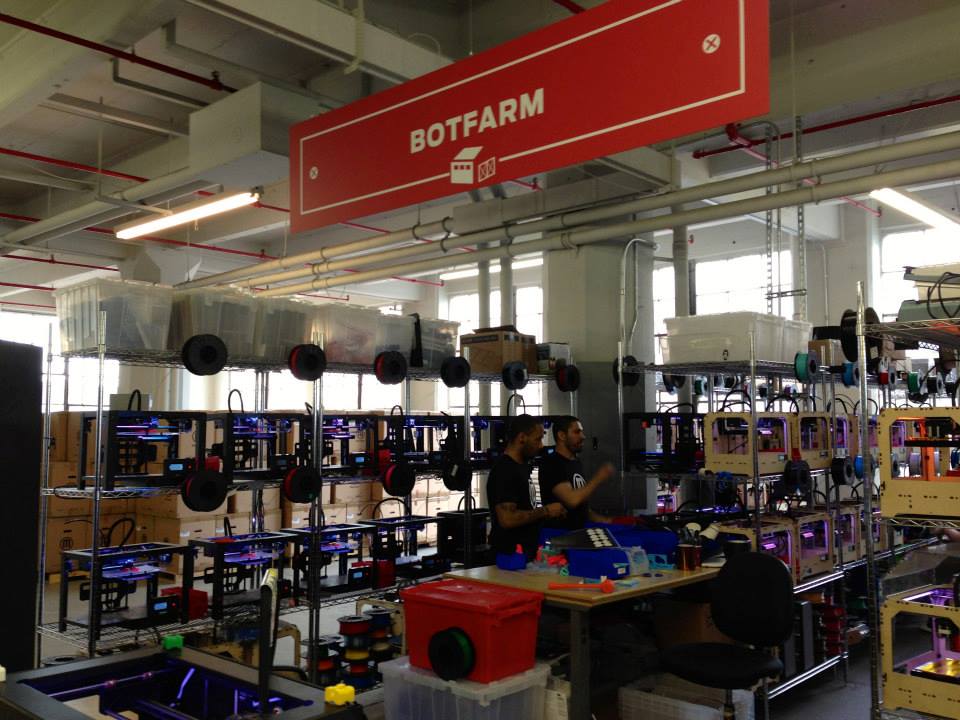3-D Printing Pioneer MakerBot Is Downsizing Its Industry City Space


3-D printing pioneer MakerBot has a track record of going against the grain and getting out ahead of a trend. But is its move to downsize its Industry City footprint by over 25 percent an anomaly or signifying something more troubling?
This past month, the downtown Brooklyn-based company dropped 65,000 square feet of its commercial space and “vacated another 25,000 square feet that it continues to lease,” reported Crain’s New York Business. The result? Workers were either laid off or relocated to their headquarters at One MetroTech Center.
“We are continuing to evaluate options to optimize our operations and save costs at our Industry City location to better serve our customers,” a spokesman told Crain’s.
Industry City CEO Andrew Kimball maintained in a statement to Crain’s that MakerBot’s lease downsizing is less indicative of a trend and more representative of “how difficult it is for companies competing in the global marketplace to grow their manufacturing presence here in New York City. Real estate is only one of a number of factors these firms consider, and why we’re willing to be aggressive in helping them grow here.”
Despite MakerBot’s size reduction at the property, the owners of the complex, a partnership led by Jamestown and Belvedere Capital, have attracted several tenants. Both the Brooklyn Nets and Time Inc. have taken large spaces. Biotech firm Suneris, which makes a blood-clotting agent, also signed on for 10,000 square feet and is negotiating to take about 15,000 square feet of additional space there.
MakerBot originally took out a lease for 55,000 square feet in 2013 at the industrial hub on the Sunset Park waterfront; this eventually grew to 225,000 square feet after the DUMBO startup was acquired by Stratasys Ltd. Now the company only uses around 135,000 square feet.
However, they also occupy 37,000 square feet at their MetroTech office.
On the plus side, their manufacturing operations still exist in the United States, as opposed to being moved overseas to lower costs.




